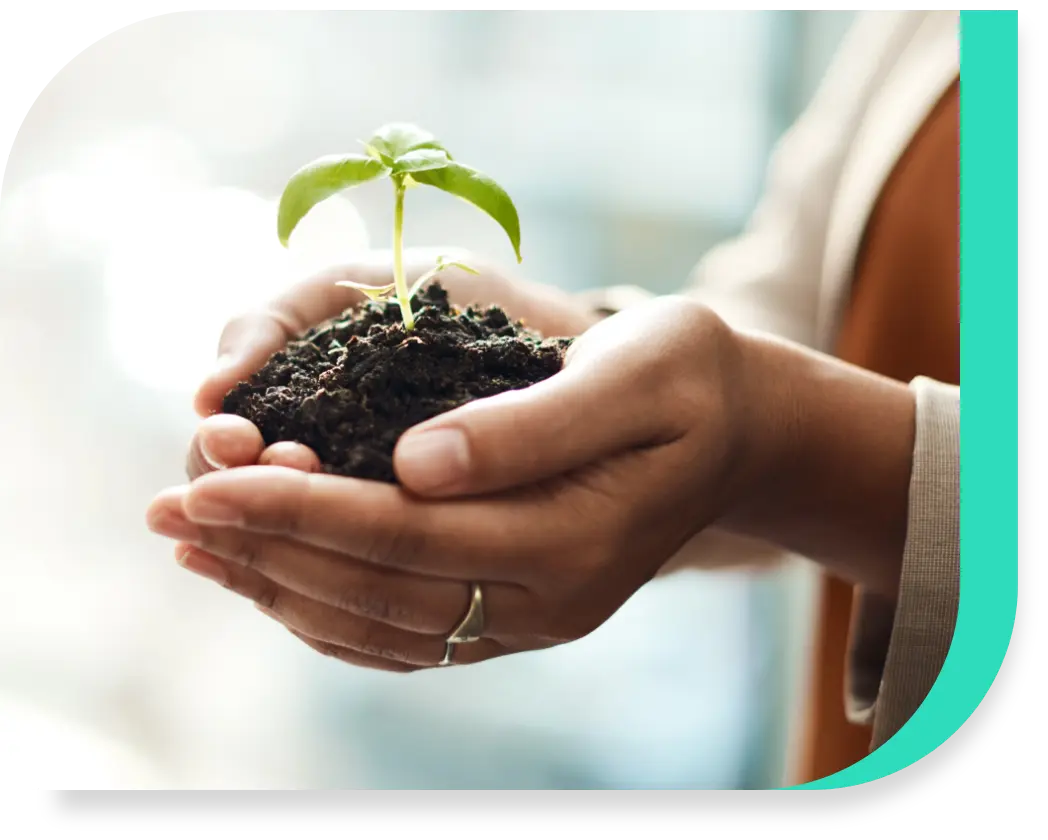Amid headwinds, the quest for energy sustainability in the built environment continues
Staying the course requires effort and ingenuity. Read how renewable energy sources and smart energy management systems are part of the way forward.
At the crossroads in the sustainability journey
A quick glance at the news stories on the same day tells the stark differences in viewpoints about the climate crisis. On one hand, scientists are warning of the closing window of time to save the climate1. On the other hand, climate scepticism persists, driving the continued production and consumption of fossil fuels2.
As an island nation in Southeast Asia, we are well aware of rising temperatures, rising sea levels, hence the need to be sustainable. A projection that Singapore’s mean sea level may rise by up to 1.15m by 2100 may seem a long way into the future, but the average observed mean sea level rise around Singapore is currently around 0.2m across six tide gauges3.
As a responsible global citizen, Singapore will play our part as part of a larger international solution4. We constantly look for ways to lower carbon emissions and improve energy efficiency. The SG Green Plan5 charts our targets, and we strive to achieve our long term sustainability goals to build up our climate, resource and economic resilience.
With no natural resources, Singapore has to be more resourceful
As Singapore does not have natural resources, we are keenly appreciative of using them carefully. We look for ways to do more with less.
Singapore has closed the loop on water, sourcing water from local catchment, imported water, high-grade reclaimed water known as NEWater and desalinated water6. NEWater was showcased at COP29 as the water used in the limited-run beer NEWBrew7.
Singapore’s carbon emissions will likely increase momentarily, peaking around 2025 before resuming its downward trend8. This is due to activities resuming as the economy fully reopens post-COVID, and the new major public infrastructure in the pipeline - such as transportation, healthcare, waste management and water treatment facilities.
Harnessing renewable energy in our sustainability quest
Geographical constraints limit our options for renewable energy. We do not have the natural resources, land area and climatic conditions for the large-scale deployment of renewable energy sources. Despite these challenges, we will strive to use cleaner energy, and become more energy efficient.
Singapore already hosts the largest bio-diesel plant in the world, which is being expanded. Established by Finnish energy giant Neste, Sustainable Aviation Fuel (SAF), the facility produces jet fuel made from waste materials like used cooking oil and animal fats – a significant step in the nation’s drive to reduce carbon emissions9.
The sun rises as an energy source
Solar is currently the most viable renewable energy source for Singapore, which lacks access to most forms of renewable energy. To maximise solar deployment in our highly urbanised environment, conventional rooftop solar has been complemented with innovative solar deployment on spaces such as water bodies, temporary vacant land and sheltered walkways.
Singapore has one of the world’s largest inland floating solar photovoltaic systems (60MWp) at a reservoir which generates enough energy to allow us to have a 100% green waterworks system10.

Frasers Property Retail Malls
SP Group’s latest initiative is the installation of rooftop solar photovoltaic systems across seven Frasers Property retail malls – Singapore’s largest single solarisation rollout for retail malls.
This is projected to enable Frasers Property to reduce carbon emissions by 370 tonnes and achieve cost savings of more than S$200,000 annually. We are also supporting our regional neighbours in their sustainability drive11.
SP Group supports sustainability in the region
Going beyond Singapore, SP Group develops sustainability capabilities with regional partners.
Solar Farm in Binh Dinh, Vietnam
In Vietnam, SP acquired a 50 MWp grid-connected operational solar farm in Binh Dinh province, located in the south-central coast of Vietnam. The Solar Farm will generate 80 GWh of clean electricity to the Vietnam Electricity power grid annually and will help Vietnam to reduce its carbon emissions by up to 48,000 tonnes annually.
Partnership with Malee Group, Thailand
SP has partnered Malee Group, a leader in Thailand’s beverage manufacturing industry, to tap on solar power to green its energy mix. Our 1.0 MWp rooftop solar photovoltaic system will provide for approximately 15% of the energy requirements at Malee Group’s factory in Nakhon Pathom while reducing carbon emissions by 700 tonnes per year.
Integrating solar power and a cooling system for Rangsit University (RSU), Bangkok
Rangsit University (RSU), a leading private university in Greater Bangkok, is developing a smart energy and low carbon campus as part of its commitment to environmental stewardship and social responsibility.
To help RSU meet its green goals, SP has installed a 2 megawatt-peak (MWp) rooftop solar photovoltaic (PV) system across nine buildings on campus, and a floating solar PV system on one of the university’s ponds. Deploying SP’s GET® Control on the premises will keep occupants cool and comfortable while maximising air-conditioning efficiency. By the end of 2024, RSU is able to green up to 21% of its total energy consumption and lower its carbon emissions by 1,400 tonnes annually12.

Deploying smart solutions such as GET Control helps alleviate the sustainability issues related to cooling.
Learn more about GET Control.
GET Control is a self-learning building intelligence system that utilises AI and IoT to optimise air-conditioning and energy efficiency, based on occupancy and ambient weather conditions. It is a module of our Green Energy Tech (GET) suite of smart energy management solutions, which enables the transformation of a property into a super low energy building (SLEB). With minor retrofitting, the innovative GET solutions can be set up fairly quickly and with minimal disruption to business operations.
While countries and organisations debate the climate crisis and actions needed, businesses – and the communities they operate in – will benefit from advancing sustainability in the built environment: by improving energy efficiency and cost optimisation, and enhancing occupant comfort.
Learn more about GET.

Contact us about renewable energy and smart utilities management.
Footnotes
1The sixth great extinction is happening', warns climate expert, in BBC, Nov 2024.
2Chris Wright: Trump nominates fracking executive to lead Energy Department, BBC, Nov 2024
3Singapore's mean sea level may rise by up to 1.15m by 2100, exceeding previous estimates - CNA, January 2024
4Our Global Commitment, Singapore Green Plan 2030
5Our Vision, Singapore Green Plan 2030
6Water, Ministry of Sustainability and the Environment, Last Updated 18 Nov 2024
7Cheers to Singapore’s ‘sewage beer’ at climate summit, The Business Times, November 2024
8GreenGov.SG Report for FY2022, Ministry of Sustainability and the Environment, December 2023, page 17 https://www.mse.gov.sg/files/resources/greengovsg-report-fy2022.pdf
10COP29 Singapore Pavilion | Solar Panel Deployment
11Sustainability Report - Singapore, FY 2023/2024, SP Group

